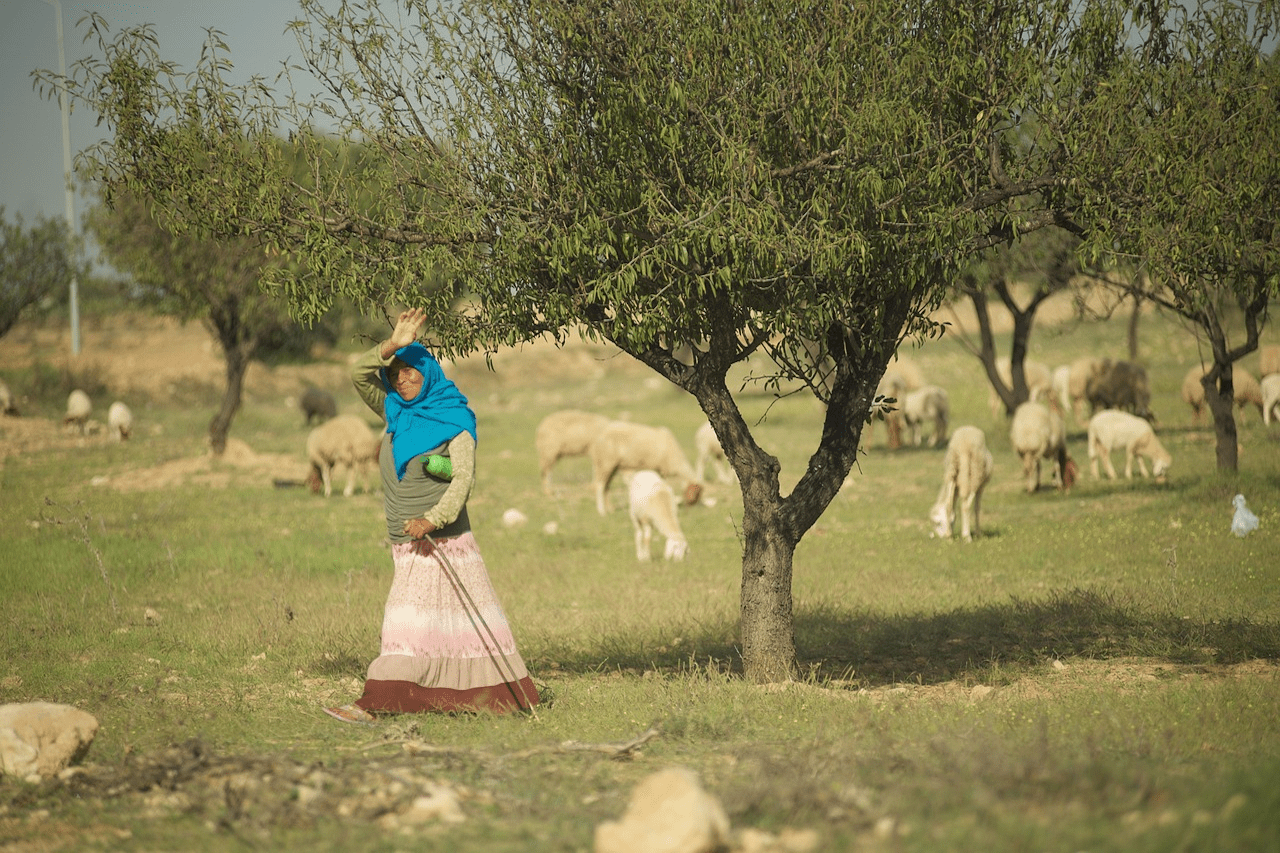Acts 4: 8-12 (RM) or 5-12 (RCL); Psalm 118 (RM) or 23 (RCL); 1 John 3: 1-2 (RM) or 1 John 3: 16-24 (RCL); John 10: 11-18.
Yes, it’s “Good Shepherd Sunday” in every denomination that uses the readings calling Jesus the Good Shepherd (“good” as opposed to some of the incompetent or corrupt leaders we hear of in the Bible.) While the RC lectionary uses Psalm 118, the Revised Common Lectionary uses the more obvious Psalm 23.
Praying or singing “The Lord is my shepherd” can take us to lovely places – this is the comfort psalm par excellence for funerals. But it can also take us to less safe places almost before we realize it.
In the Hebrew Bible the “shepherd” metaphor is applied to kings – men who exert supreme power– and this carries over in a messianic sense when Jesus is depicted as a shepherd in the Gospels. The problem is that the metaphor can “slide” or “slip” from identifying Jesus, to being applied to pastoral leaders today, and specifically ordained leaders. OK, specifically male ordained leaders.
In the RC church the Fourth Sunday of Easter, “Good Shepherd” Sunday, is often called Vocations Sunday, as a result setting up an identification of clergy with shepherds … which makes the rest of us, uh, sheep? Yes, sheep. A different species. A less intelligent species, like domesticated animals that need managing and protection by the superior species in order to survive. While this is not very affirming of the dignity of the sheep (and I’m not so sure that Pope Francis saying the clergy must “smell like the sheep” does either) the basic equality of all Christians in baptism suffers as well. A clerical caste that sees itself as privileged and respected, with a prerogative to teach and guide others, can easily slide into a mentality of entitlement, as we know all too well.
So here’s the dilemma – that a lovely, comforting metaphor may be functioning to reinforce, even sacralize, benevolent patriarchy. There may be ways to understand the shepherd image that balance out the inherent inequality of sheep and shepherd. We can speak of learning to “shepherd” each other according to need, in our weak moments and difficult circumstances. And we can speak of hearing and responding to the shepherd’s familiar, reassuring voice speaking to each other, and to recognize the presence of the living Christ in that voice, much as the man born blind heard Jesus’ voice before he was capable of seeing him.
Let’s try shifting the gender of the shepherd and a few of the corresponding traits. Here’s a version of Psalm 23 by Martha G. Aisi-Eliesa, a Lutheran theologian from Papua New Guinea:
The Lord is my mother. I have all that I need.
She provides me a home full of love and care
As I rest at her breast for food and water.
She makes me courageous and confident.
She guides my way and I follow
Because I am her own child.
Even if I walk through the high foggy mountain full of thorns,
Sharp stones and frightening peaks,
I am not afraid, Mother, for you are with me.
Your loving and courageous arms protect me.
You prepare a feast for me and my enemies can see
Your loving and providing heart.
Mother I am fully satisfied.
Mother I trust that your goodness and love is always with me.
And I am part of you forever and ever. Amen.*
Oh, and by the way – women could be shepherds in ancient Biblical times too. Rachel was herding her father’s sheep when Jacob met her (Genesis 29:9.)
© Susan K. Roll
*Bärbel Fünfsinn and Carola Kienel eds., Psalmen leben. Frauen aus alle Kontinenten lesen biblische Psalmen neu. (“Living the psalms. Women from every continent read biblical psalms anew.”) (Hamburg: EV-Verlag, 2002.) I contributed a version of Psalm 8 to the book.
Susan Roll retired from the Faculty of Theology at Saint Paul University, Ottawa, in 2018, where she served as Director of the Sophia Research Centre. Her research and publications are centred in the fields of liturgy, sacraments, and feminist theology. She holds a Ph.D. from the Catholic University of Leuven (Louvain), Belgium, and has been involved with international academic societies in liturgy and theology, as well as university chaplaincy, Indigenous ministry and church reform projects.





What a beautiful sense of Psalm 23 emerges, by simply shifting the gender of the shepherd. Thank you for providing this beautiful re-write by Lutheran theologian Martha G. Aisi-Eliesa, from Papua New Guinea: